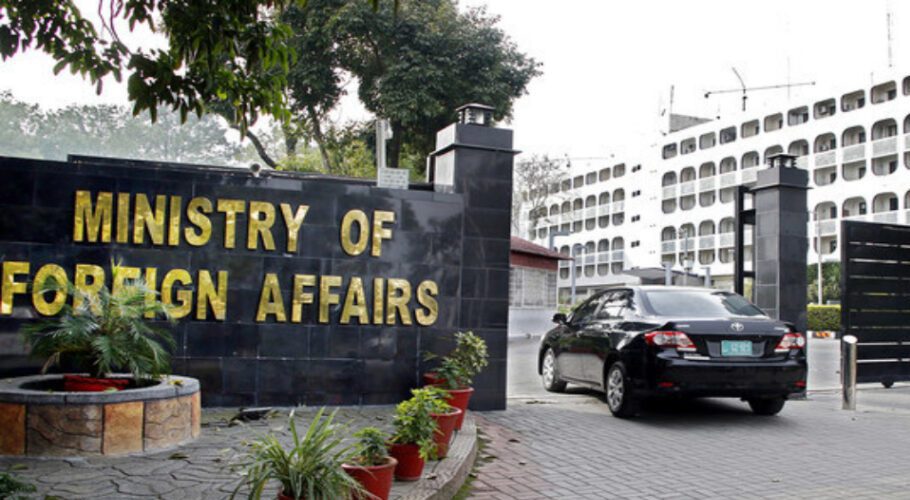On April 1st, Israel launched an assault on the Iranian consulate and attempted to persuade the United States to join in military action against Iran. However, the U.S. refrained from entering the conflict at that time, focusing instead on supporting Israel’s objectives in the Middle East without exacerbating tensions.
Historically, Israel has engaged in two significant military campaigns against Lebanon: the first in 1982, which lasted two months, and the second in 2006, which extended for 34 days. Both conflicts resulted in extensive casualties and financial devastation.
Now, as Israel engages in prolonged hostilities in Gaza, one must question its motives for potentially striking Lebanon. The current geopolitical landscape is markedly more intricate than in previous conflicts, and any resultant escalation could spiral beyond control. Both Iran and the United States are acutely aware of the regional volatility; hence, Iran’s retaliatory actions following the killing of Qasem Soleimani were strategically coordinated as the response to an attack on its consulate in Syria was also not intensive.
In the wake of Ismail Haniyeh’s assassination, Iran vowed retribution, aligning with its historical precedents, yet tangible progress toward that end remains elusive. Should Israel proceed with an invasion of Lebanon, it would likely provoke widespread public outrage in the Gulf, leading citizens to demand collective action from their leaders to counter Israeli aggression. A failure to do so could incite formidable resistance from the populace.
When considering the 57-member Organization of Islamic Cooperation (OIC), its role appears largely ineffective amidst these developments. The OIC’s charter explicitly commits to supporting Palestine, and Article 18 designates an Assistant Secretary General to advocate for Palestinian issues and raise awareness among Muslims and the global community. However, the practical influence of the OIC in this context is minimal.
Meanwhile, Israel’s strategy aims to ensnare the U.S. into conflict while simultaneously targeting Hezbollah and Hamas, with Iran as its principal adversary. Iran’s nuclear enrichment has reportedly surged to between 65 and 70 percent, positioning it on the brink of developing a nuclear weapon, which would establish it as the second Islamic nuclear power after Pakistan.
In this precarious scenario, nations wary of Iran’s ascent, including Israel, may seek to destabilize it further. United Nations Secretary-General António Guterres has emphasized the necessity of preventing the conflict in Lebanon from escalating, asserting that Lebanon must not become another Gaza.
In Gaza, the humanitarian toll is alarming; a recent Israeli airstrike on a school resulted in the deaths of 22 individuals, including children and women. This incident is part of a troubling pattern, with numerous schools previously targeted, leading to thousands of Palestinian casualties. The Security Council has addressed these issues, proposing resolutions concerning the targeting of children and advocating for a two-state solution, yet implementation remains absent.
Security Council Resolution No. 242 mandates the withdrawal of Israeli forces from territories occupied in contravention of international law. Nevertheless, this body often aligns with U.S. interests, resulting in vetoes that undermine efforts for Palestinian self-determination. The United States has blocked Palestine’s membership attempts approximately 18 times, reflecting its unwavering support for Israel.
The relationship between Israel and the West is deeply intertwined, with the U.S. and its allies consistently backing Israel. Their naval presence in the Mediterranean and Asia-Pacific serves as a deterrent against collective aggression toward Israel, implying that a potential Iranian attack could draw the U.S. into direct conflict.
Lastly, a recent article in the Jerusalem Post has described Imran Khan as a pro-Israel figure, furthering the narrative that he is an ideal candidate for fostering relations between Pakistan and Israel. This notion echoes the sentiments of an Azerbaijani vlogger, Anwar Bashirova, who articulated similar views. Israel’s outreach to leaders across various nations, including through frameworks like the Abraham Accords, aims to solidify its global standing while undermining the institutions of rival states amidst ongoing fifth-generation warfare.




























